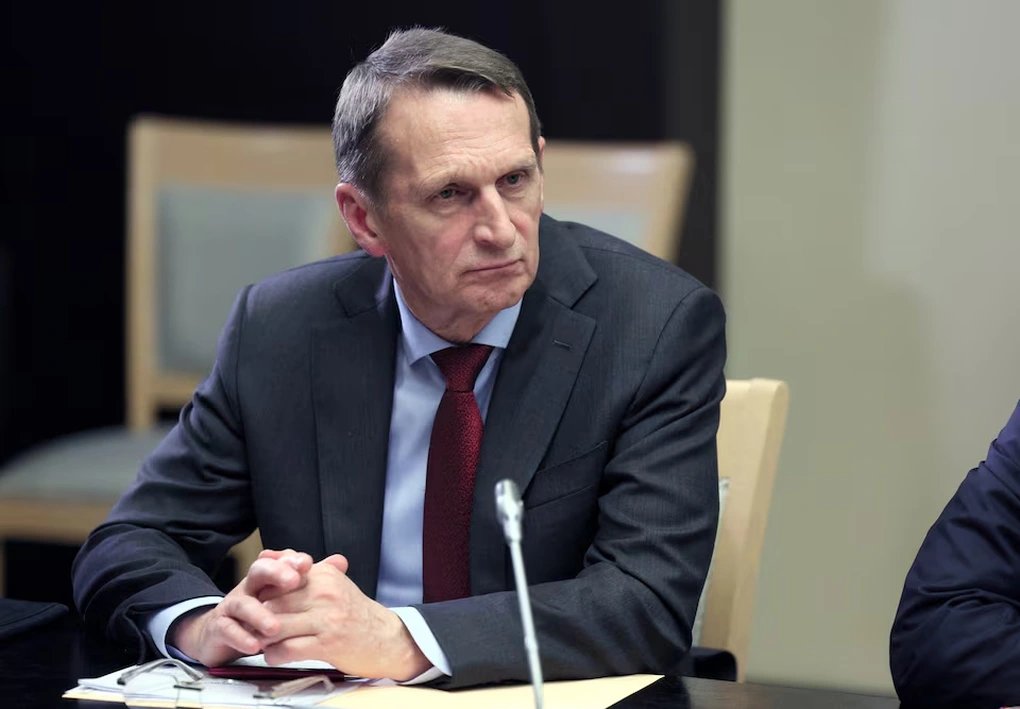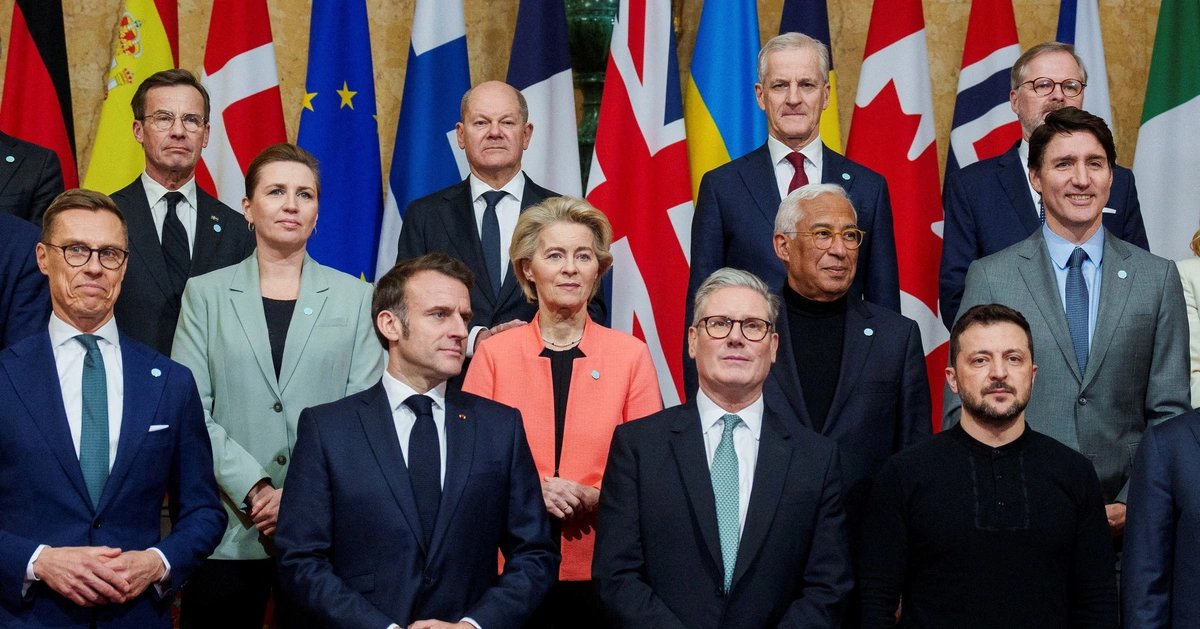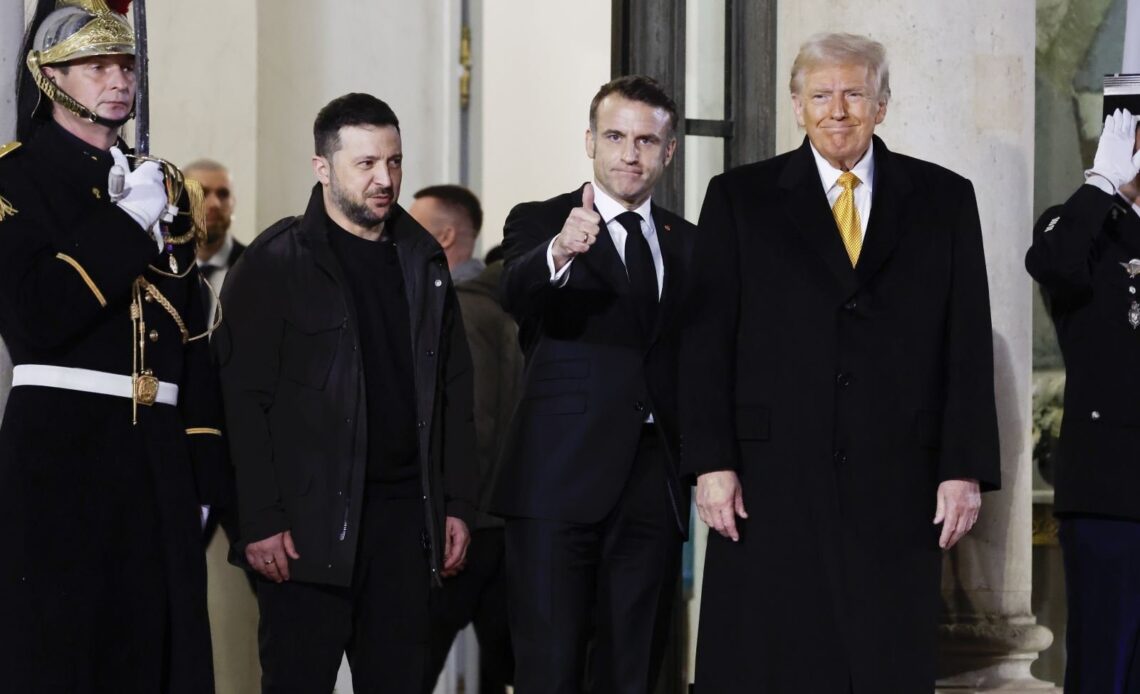The war between Ukraine and Russia has raged for over two years, leaving behind a devastating trail of destruction, human suffering, and geopolitical instability. As the international community watches closely, the prospect of peace talks has once again entered the spotlight. In a bold and calculated move, Ukraine has officially announced three key conditions that must be met before it agrees to sit at the negotiating table with Russia. These conditions reflect not only Ukraine’s demands for sovereignty and justice but also its broader vision for a post-war order that ensures long-term security and accountability.
### Context: A War That Shook the World

Since Russia launched its full-scale invasion of Ukraine in February 2022, the conflict has upended global alliances, energy markets, and humanitarian norms. Millions of Ukrainians have been displaced, thousands of lives have been lost, and infrastructure across the nation lies in ruins. Western powers, including the United States and European Union, have provided billions in military and financial aid to Ukraine. Meanwhile, Russia has faced sweeping sanctions, international condemnation, and increasing isolation on the world stage.
Despite various diplomatic attempts and ceasefire proposals, neither side has shown serious commitment to compromise—until now. Ukraine’s newly articulated conditions for peace negotiations could represent a pivotal turning point in the war.
### Ukraine’s First Condition: Complete Withdrawal of Russian Troops
At the top of Ukraine’s list is a non-negotiable demand: the complete and unconditional withdrawal of Russian military forces from all Ukrainian territories, including Crimea and the eastern Donbas region.
President Volodymyr Zelenskyy has reiterated this position multiple times, arguing that no sustainable peace can exist if Ukrainian sovereignty is compromised. The presence of Russian troops, he says, is not just a violation of territorial integrity, but a threat to the entire democratic order of Europe.
From Ukraine’s perspective, allowing Russia to maintain control over any part of its internationally recognized borders would set a dangerous precedent. It would effectively legitimize the use of force for territorial gain—something that Kyiv and its Western allies find unacceptable.
### Ukraine’s Second Condition: Legal Accountability for War Crimes

The second condition Ukraine has outlined is the establishment of an international tribunal to hold Russian leaders accountable for alleged war crimes committed during the invasion.
Reports of atrocities in places like Bucha, Mariupol, and Kharkiv have been widely documented. Independent investigators and human rights organizations have presented evidence of mass killings, torture, rape, and the targeting of civilian infrastructure. These acts, Ukraine argues, constitute war crimes and crimes against humanity.
Kyiv insists that any peace process must be accompanied by a mechanism for justice, similar to the Nuremberg Trials after World War II. This would involve prosecuting not only military commanders on the ground but also high-ranking Russian officials—including possibly President Vladimir Putin himself.
Zelenskyy believes that holding Russia legally accountable is essential not just for Ukraine’s healing, but to deter future acts of aggression globally. Justice, in this context, is viewed as a prerequisite for lasting peace.
### Ukraine’s Third Condition: Security Guarantees from the International Community
The third and final condition centers on security. Ukraine is demanding robust, legally binding security guarantees from international partners to prevent future aggression.
Past agreements—such as the Budapest Memorandum of 1994, in which Ukraine gave up its nuclear weapons in exchange for security assurances—have proven ineffective. When Russia invaded Crimea in 2014, those guarantees were not honored. This time, Ukraine is asking for ironclad commitments, possibly in the form of military alliances or defense pacts.
There has been ongoing discussion about Ukraine’s potential NATO membership, but until such a move materializes, Kyiv wants alternative mechanisms that offer real deterrence. This might include joint defense treaties, permanent foreign troop deployments, and advanced weapons systems capable of protecting Ukraine’s sovereignty.
By making this a core condition, Ukraine is sending a clear message: it will not agree to any peace deal that leaves it vulnerable to future attacks.
### International Reactions to Ukraine’s Conditions

The international response to Ukraine’s conditions has been mixed. Western allies—especially the U.S., U.K., and several EU nations—have expressed support for Ukraine’s stance, calling the conditions “reasonable” and “principled.”
The United States has reaffirmed its commitment to Ukraine’s territorial integrity, with President Joe Biden stating that “no peace deal should come at the expense of justice or sovereignty.” Similarly, European leaders have emphasized the importance of security guarantees and legal accountability as foundations for any future peace.
However, some nations in the Global South and parts of Asia have called for more flexibility, arguing that insisting on complete Russian withdrawal and legal proceedings could stall the peace process. These nations advocate for incremental negotiations and confidence-building measures as a way to de-escalate tensions.
China, which has positioned itself as a potential mediator, has urged both sides to resume dialogue without preconditions—a position that Kyiv finds unacceptable given its demands.
### Russia’s Response: Rejection and Counter-Narrative
Unsurprisingly, Russia has categorically rejected Ukraine’s conditions. Kremlin spokesperson Dmitry Peskov stated that these demands are “detached from reality” and demonstrate Ukraine’s unwillingness to engage in serious negotiations.
Moscow maintains its narrative that the invasion was a “special military operation” to protect ethnic Russians in eastern Ukraine and to prevent NATO encroachment. It refuses to discuss withdrawing from Crimea, which it illegally annexed in 2014, claiming it is now “an integral part of the Russian Federation.”
Russia also refuses to acknowledge allegations of war crimes and has accused Ukraine of staging atrocities to manipulate public opinion. Regarding security guarantees, Moscow argues that NATO expansion is the root cause of the conflict, not Russian aggression.
In short, Russia views Ukraine’s conditions as a demand for surrender rather than a basis for compromise.
### The Road Ahead: Is Peace Even Possible?

The gap between Ukraine’s demands and Russia’s position remains vast. While Ukraine seeks justice, sovereignty, and security, Russia demands recognition of its territorial gains and a halt to Western military support for Ukraine.
Peace will not come easily. However, Ukraine’s decision to clearly state its conditions may serve several important purposes:
1. It consolidates international support, reinforcing the narrative that Ukraine is willing to negotiate—just not at the cost of its national identity.
2. It raises the moral bar for diplomacy, insisting that justice and accountability are not optional.
3. It signals long-term resolve, showing that Ukraine is not interested in short-term ceasefires but in a durable and meaningful peace.
While critics may argue that these demands are unrealistic, others view them as essential principles for a just resolution. The world now faces a difficult question: should peace be pursued at any cost, or should it be grounded in truth and law?
### The Role of Global Institutions
Global institutions such as the United Nations, International Criminal Court (ICC), and NATO have critical roles to play in supporting Ukraine’s vision for peace.
The UN can provide a platform for international legitimacy, while the ICC can pursue legal investigations and prepare indictments. Meanwhile, NATO may need to re-express its commitment to Ukraine’s defense posture and contribute to long-term security solutions.
These organizations must balance their responsibilities to global stability with the moral imperative to uphold justice and sovereignty. The effectiveness of their responses could shape the future of global conflict resolution.
### Conclusion: A Bold Vision in the Face of War
Ukraine’s decision to set firm conditions for peace negotiations with Russia is both a tactical and symbolic move. It asserts Ukraine’s agency in a war often viewed through the lens of great power politics. By demanding troop withdrawal, war crime accountability, and real security guarantees, Ukraine is redefining what a just and lasting peace must look like in the 21st century.
This bold stance may complicate short-term diplomacy, but it also establishes a framework rooted in international law, human rights, and national sovereignty. Whether the world is ready to support such a vision remains to be seen, but one thing is clear: Ukraine will not settle for peace at any price.
